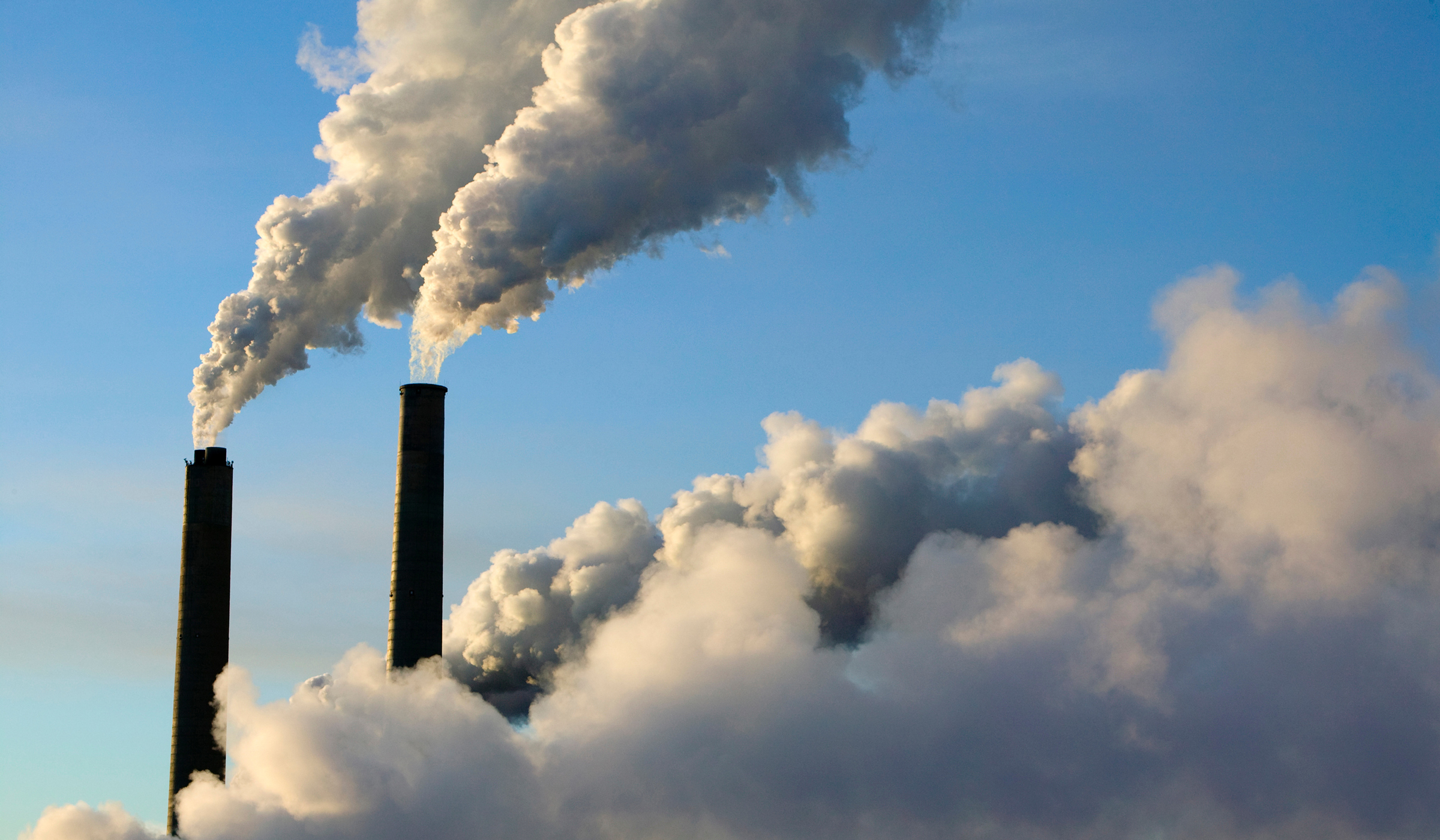NYSP2I to oversee New York’s Small Business Environmental Assistance Program
The New York State Department of Environmental Conservation (DEC) has selected the New York State Pollution Prevention Institute (NYSP2I) to be the next steward of its Small Business Environmental Assistance Program (SBEAP).
New York is among several U.S. states that host the SBEAP, a federal initiative designed to support compliance with the Clean Air Act (CAA) at the small-business level. An individual state can adapt the SBEAP program to slot into its own air-pollution regulatory ecosystem while also serving as a mechanism for meeting U.S. Environmental Protection Agency (EPA) requirements.
Clean Air Act for New York State
The first legislation to address air pollution was the Air Pollution Control Act of 1955. This was expanded in 1963 with the Clean Air Act (CAA), which was significantly amended in 1970, 1977, and 1990. The CAA is a comprehensive law that authorizes the EPA to regulate emissions of various air pollutants to protect public health and welfare.
CAA regulations use the National Ambient Air Quality Standards (NAAQS) to set thresholds for the acceptable amount of air pollutants a company can emit into the atmosphere through industrial or transport operations. The toxic chemicals and substances targeted by the NAAQS are ozone, carbon monoxide, particulate matter, lead, sulfur dioxide, and nitrogen dioxide. The CAA also regulates emissions of several other substances designated as hazardous air pollutants.
Congress anticipated that the more stringent air-pollution regulations introduced to the CAA through the 1990 amendments would lay an extra burden on small businesses. With this in mind, the updated federal law included provisions for the EPA and individual states to provide assistance and compliance information to a sector that makes up 99.9 percent of all U.S. businesses. Small and medium-sized enterprises often lack the technical or financial resources for evaluating pollution regulations and setting a course for complying with them, according to guidelines from the EPA—SBEAPs are designed to fill these knowledge gaps.
Led by the Golisano Institute for Sustainability (GIS) at Rochester Institute of Technology (RIT), NYSP2I began managing New York’s SBEAP last October. It succeeds the Environmental Facilities Corporation, a grant-awarding and financing body led by the state.
Confidential assistance
Small businesses can request assistance from NYSP2I using an online portal or by calling a dedicated SBEAP hotline (585-475-7869).
Most of the small businesses that NYSP2I is already working with are preparing applications for a facility registration or permit. To complete these, companies need to provide an estimated measurement of the air emissions they generate with respect to the NAAQS-based regulations. Since the majority of small businesses don’t have emissions experts on staff, NYSP2I offers a third-party evaluation of self-reported estimates to give businesses greater confidence in the numbers they include in their applications.
“NYSP2I has a long history of being an accessible, informative resource for small businesses on a range of sustainability issues,” said Michael Cronin, director of the DEC’s Bureau of Stationary Services. “Many of the businesses that come to the SBEAP find this type of guidance essential in determining what they need, whether it’s finding ways to reduce emissions or applying for a permit or simple registration.”
For example, NYSP2I staff might help a plastics manufacturer determine where in its process target emissions may arise. Once such sources are identified, they can help the company find opportunities for reducing or eliminating them. If no remedy is possible but emissions are low enough below state and federal limits, the NYSP2I experts may then offer guidance on submitting a simple registration with New York State. Likewise, if the firm’s emissions exceed New York State’s regulatory thresholds, NYSP2I staff would guide the company in applying for an air permit from one of DEC’s regional administrators.
Notably, any service provided by NYSP2I is completely confidential; SBEAPs can only offer compliance assistance and have no regulatory authority.
The SBEAP administration will be NYSP2I’s first compliance-assistance program. Over the 14 years since the institute was launched, it has grown to address technical and strategic barriers that most businesses and municipalities face when it comes to implementing sustainability measures. Its direct-assistance programs include sustainable manufacturing assessments, technology commercialization, sustainable supply chain analysis, life cycle assessment (LCA), and food waste diversion.
NYSP2I is sponsored by DEC and is a collaboration of five research universities and manufacturing extension partnerships (MEPs) across the Empire State. It was created to give organizations registered with New York State information, resources, and solutions for reducing or preventing pollution and building more sustainable, cost-effective operations.
Charles Ruffing, director of NYSP2I, welcomes the opportunity to evolve how the institute supports small businesses in the Empire State.
“There are many ways in which it overlaps with the work we already do,” Ruffing said. “Our focus remains on pollution prevention, but our engineering and process-improvement capabilities allow us to bring additional value to small businesses in assessing their compliance obligations.
“We have a profound understanding of what pollution prevention looks like to small businesses—it can be confusing and challenging. I think we’re in a good position to be a helping hand to those that want to make sure they are following air regulations appropriately,” Ruffing added.








